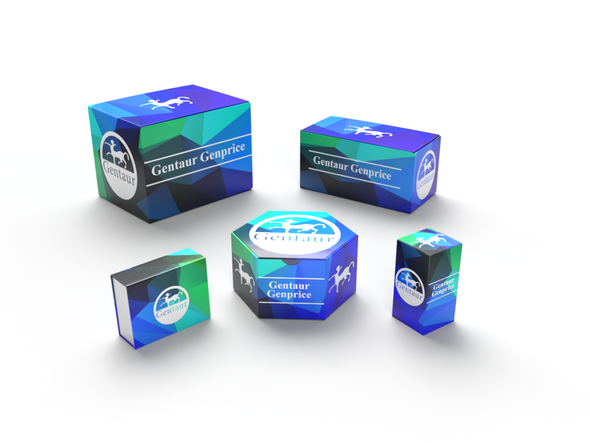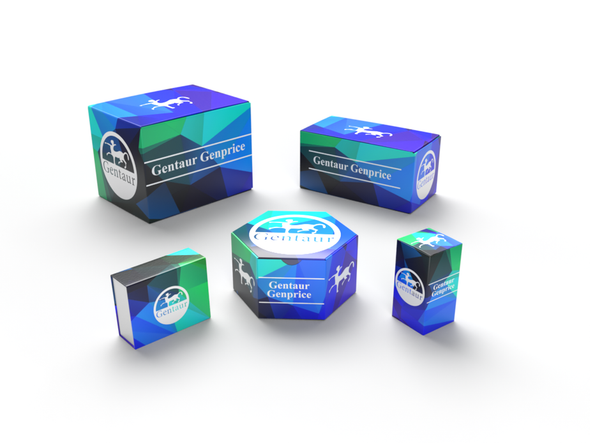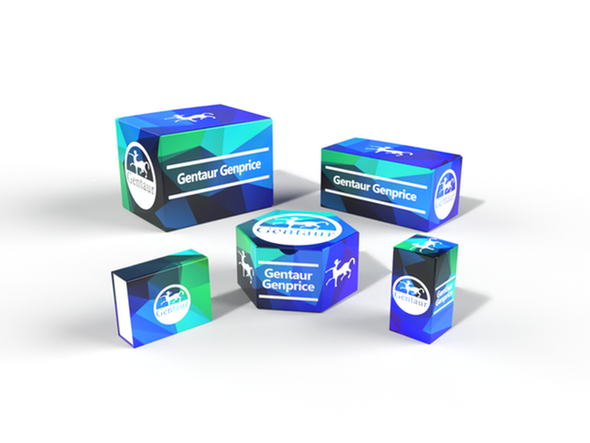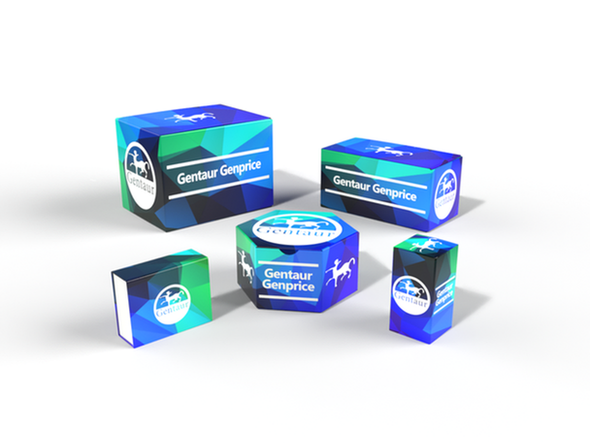740
Mouse Scavenger receptor class A member 3 (SCARA3) ELISA Kit | AE20643MO
- SKU:
- 740-AE20643MO
- Availability:
- Usually ships in 5 working days
Description
Mouse Scavenger receptor class A member 3 (SCARA3) ELISA Kit | AE20643MO | Gentaur UK, US & Europe Distribution
Species Reactivity: Mouse (Mus musculus)
Abbreviation: SCARA3
Alternative Name: APC7; CSR; CSR1; MSLR1; MSRL1; anaphase promoting complex subunit 7|cellular stress response protein|macrophage scavenger receptor-like 1
Application: ELISA
Range: 0.781-50 ng/mL
Sensitivity: 0.33 ng/mL
Intra-Assay: ≤4.3%
Inter-Assay: ≤10.3%
Recovery: 0, 89
Sample Type: Serum, Plasma, Other biological fluids
Detection Method: Sandwich
Analysis Method : Quantitive
Test Principale: This assay employs a two-site sandwich ELISA to quantitate SCARA3 in samples. An antibody specific for SCARA3 has been pre-coated onto a microplate. Standards and samples are pipetted into the wells and anySCARA3 present is bound by the immobilized antibody. After removing any unbound substances, a biotin-conjugated antibody specific for SCARA3 is added to the wells. After washing, Streptavidin conjugated Horseradish Peroxidase (HRP) is added to the wells. Following a wash to remove any unbound avidin-enzyme reagent, a substrate solution is added to the wells and color develops in proportion to the amount of SCARA3 bound in the initial step. The color development is stopped and the intensity of the color is measured.
Product Overview: SCARA3 encodes a macrophage scavenger receptor-like protein. This protein has been shown to deplete reactive oxygen species, and thus play an important role in protecting cells from oxidative stress. The expression of this gene is induced by oxidative stress. Oxidative stress is a pathogenic condition that causes cellular damage and, in a normal functioning cell, several transcription factors respond to this threat by modulating expression of genes whose products ameliorate the altered redox status in some way. Under conditions of oxidative stress, reactive oxygen species were significantly depleted in CSR-overexpressing cells, indicating that the CSR product protects cells by scavenging oxidative molecules or harmful products of oxidation.
Stability: The stability of ELISA kit is determined by the loss rate of activity. The loss rate of this kit is less than 5% within the expiration date under appropriate storage condition. The loss rate was determined by accelerated thermal degradation test. Keep the kit at 37°C for 4 and 7 days, and compare O.D.values of the kit kept at 37°C with that of at recommended temperature. (referring from China Biological Products Standard, which was calculated by the Arrhenius equation. For ELISA kit, 4 days storage at 37°C can be considered as 6 months at 2 - 8°C, which means 7 days at 37°C equaling 12 months at 2 - 8°C) .






